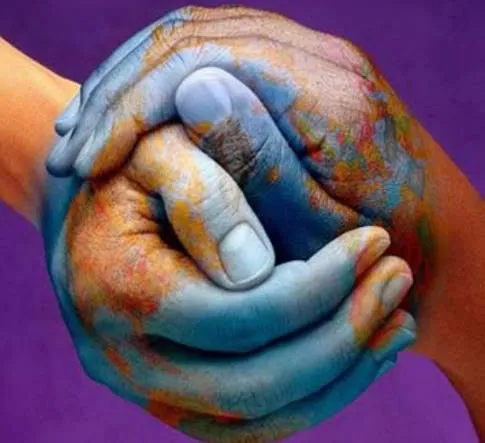
Hong Kong tops The Globalization Index
Singapore was overtaken by Hong Kong as the most globalised economy in the world.
According to The Globalization Index 2010 released by Ernst & Young in cooperation with the Economist Intelligence Unit, Hong Kong embraces the highest level of globalisation among the 60 largest economies in the world.
Singapore, ranked first in 2009 becomes the third this year. Ireland jumps one level, ranking number two this year.
The Globalization Index measures and tracks the performance of the world’s 60 largest economies in relation to separate indicators in five broad categories: openness to trade; capital movements; exchange of technology and ideas; movement of labor; and cultural integration. Hong Kong ranks first in openness to trade, capital movements and cultural integration.
Agnes Chan, Ernst & Young’s Regional Managing Partner, Hong Kong and Macau says: “Hong Kong has overtaken Singapore as the most globalized economy in the world. We performed well in openness to trade, movement of capital and finance, and cultural integration. Significantly, two out of the top three economies are from Asia-Pacific, which shows how the region is embracing globalization. It also demonstrates how these economies are willing to stake their economic legacies on creating the right environment to facilitate the freedom of movement of goods, people, capital and ideas.”
Chan explains: “Hong Kong is playing a very significant role in the world. China is now the second largest economy in the world, investors regard Hong Kong as the gateway to enter and invest in Mainland China while Chinese enterprises view Hong Kong as a springboard to expand into the international market. Hong Kong is also well known for its unique “East meets West” culture.”
Chan adds: “Despite its success in evolving to become the most globalized economy in the world, Hong Kong should not rest on its laurels. Hong Kong is facing an intense challenge to maintain its number one status in terms of globalization. Although Hong Kong is doing well in terms of openness to trade, capital movements and cultural integration, we are lagging behind in exchange of technology and ideas, and in net labor migration. We need to do more: we propose tax and financial incentives for business to encourage investment in innovation. We should improve the green environment and education system to attract talent and professionals to work in Hong Kong to facilitate labor and talent immigration. ”
In conjunction with the index compilation, Ernst & Young has surveyed more than 1,000 global business leaders in late 2010 to examine the most important elements of globalization for business. These have been encapsulated in the Ernst & Young publication “Winning in a polycentric world” released today.
The reports predicts that after a brief pause in 2009 and a modest rebound in 2010, the world’s 60 largest economies will continue to globalize steadily between now and 2014, driven by the continued global economic recovery, technological innovation and the increasingly important role of the emerging markets in the world economy.
Dilys Chau, Ernst & Young’s Partner, Assurance, says: “To succeed in a polycentric world and to be a long term winner in this new globalized world, companies should focus on four priorities: first, redefine global and local approaches in business strategies; second, develop a “polycentric” approach to innovation; third, rethink relationships with government and tax administrations; and fourth, build diverse leadership teams with strong global experience.
Chau says: “Business opportunities are now distributed more evenly around the world than at any time in history. But, at the same time, the nature of the opportunities in those markets can be fundamentally different. Leading companies are localizing product, research and business development to achieve local market relevance, as well as developing new approaches to business development.”
Chau adds: “These approaches include a wide mix of alliance and partnership arrangements, often in ‘co-opetition’ — co-operate in some markets and compete in others — to help obtain economy of scale in their business quickly.”
Chan concludes: “The enormous opportunities in emerging markets, the ever increasing power of technology and a gradual international economic recovery will ensure that globalization continues to deepen over the coming years. That said, it is incumbent on business and governments to continue to make the case for globalization as a positive force for economic and social good and avoid any descent into protectionism.”



















 Advertise
Advertise





